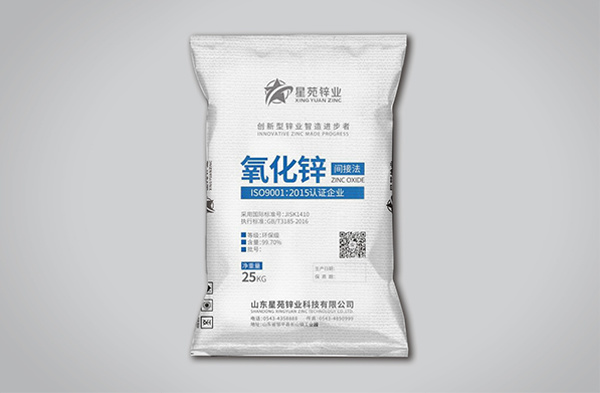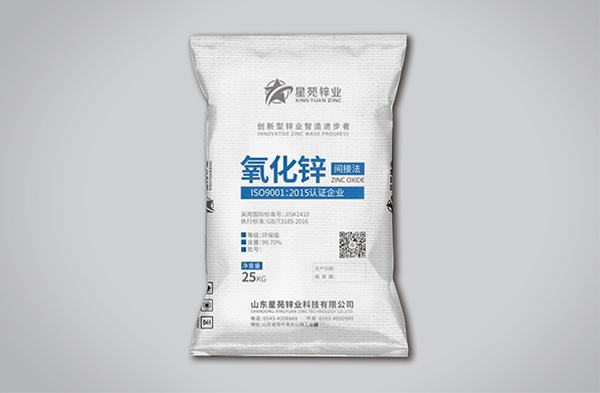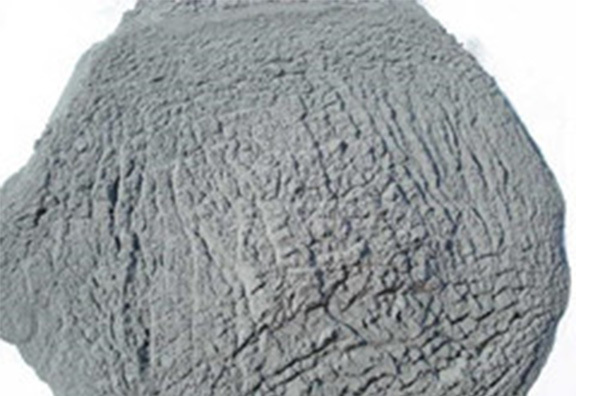What is the role of zinc oxide in animal husbandry?
2021-04-18
The advantages of zinc oxide include preventing diarrhea and promoting growth in weaned piglets. New research indicates that its mechanism of action involves multiple regulatory pathways. Higher levels of zinc oxide are added to piglet feed to meet requirements, as zinc absorption decreases by about 30% after weaning, and bioavailability may be less than 20%. In addition, zinc oxide has been shown to promote growth by regulating the secretion of gut peptides that stimulate appetite.
The advantages of zinc oxide include preventing diarrhea and promoting growth in weaned piglets. New research indicates its mechanism of action involves multiple regulatory pathways. Higher levels of zinc oxide are added to piglet feed to meet requirements, as zinc absorption decreases by about 30% after weaning, and bioavailability may be less than 20%. Furthermore, it has been shown Zinc oxide to promote growth by regulating the secretion of gut peptides that stimulate appetite.

Zinc oxide improves intestinal barrier function by increasing the expression of intestinal insulin-like growth factor 1, reducing cell permeability in the expression of tight junction proteins in the intestine.
Zinc oxide It can reduce the release of pro-inflammatory histamine, inhibiting intestinal mast cell activation and proliferation, thus having an immunomodulatory effect.
Zinc oxide can also reduce intestinal ion secretion, enhance water absorption, and prevent diarrhea. In production, supplementing weaned piglets with relatively high doses of zinc oxide (2500 mg/kg) for a short period can improve the stability and diversity of the intestinal flora, reducing the attachment of pathogenic bacteria such as enterotoxigenic Escherichia coli (ETEC) to intestinal villi after changes in the weaned piglet diet.
In addition, Zinc oxide it can also prevent the proliferation of opportunistic pathogens such as E. coli and enterococci in the intestine.
Xingyuan Zinc Technology CO., LTD.
Address: Shandong Zouping County Changshan Town Houhuai Village
General Manager:+8618763028888 (Sun Dongsheng)
Sales Department:+86-543-4358888
Fax:0543-4850999
E-mail:xingyuanchem@163.com
Website:www.sdxyxy.com

扫一扫查看官方网站










